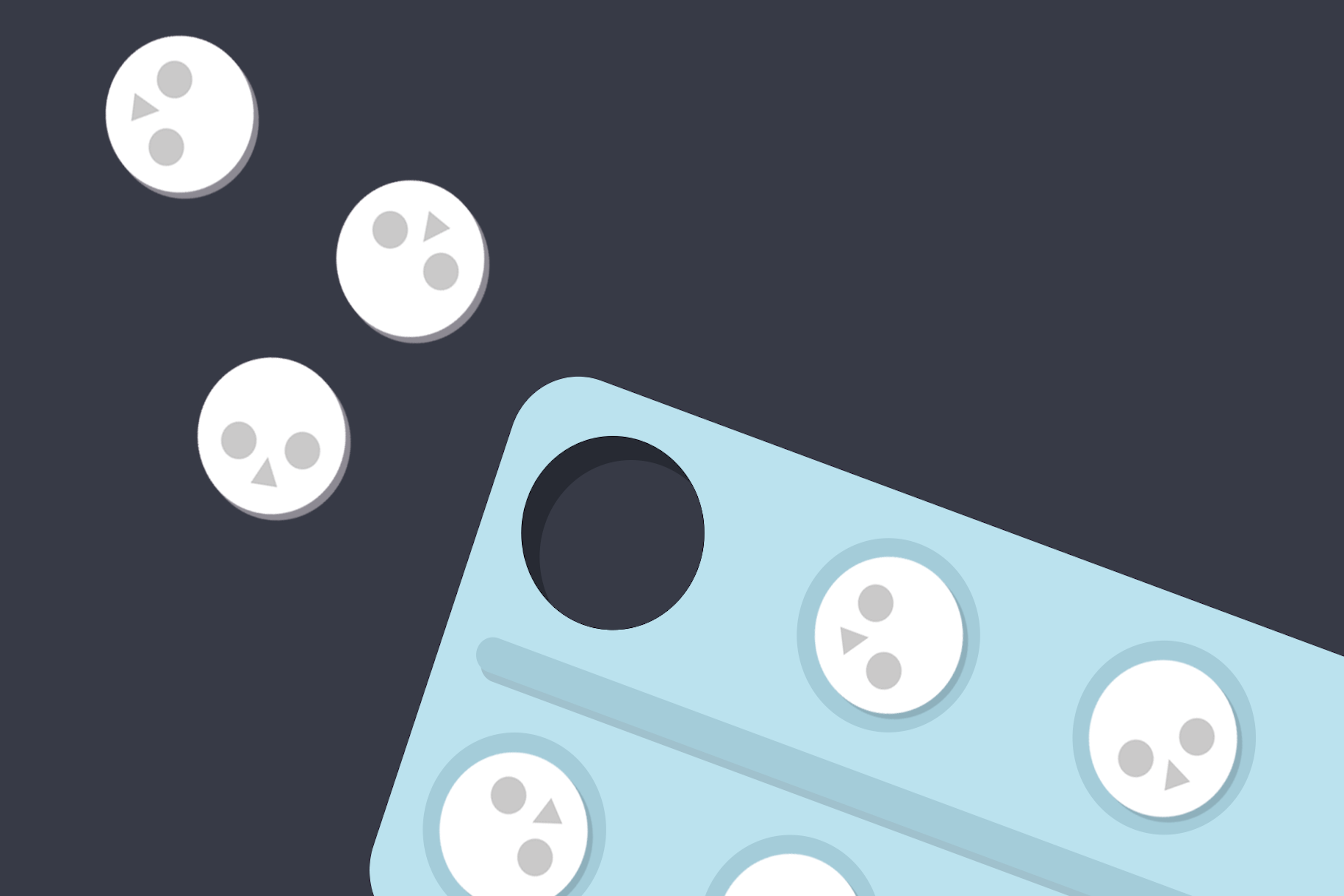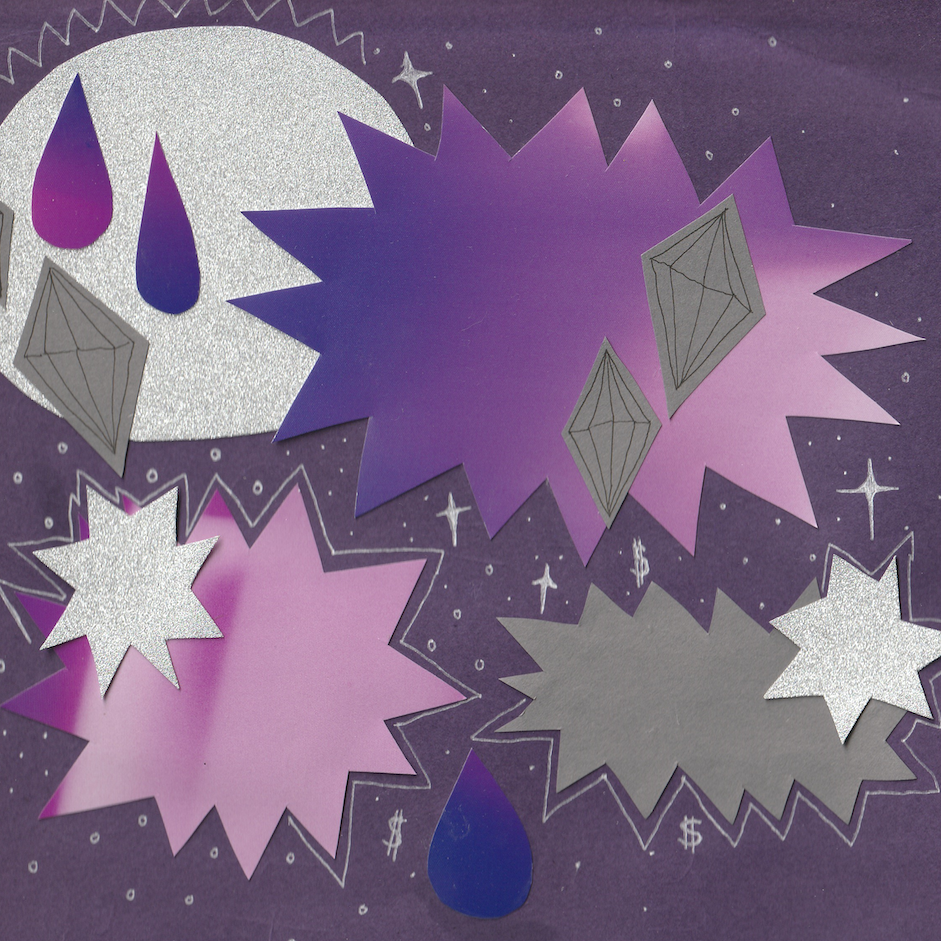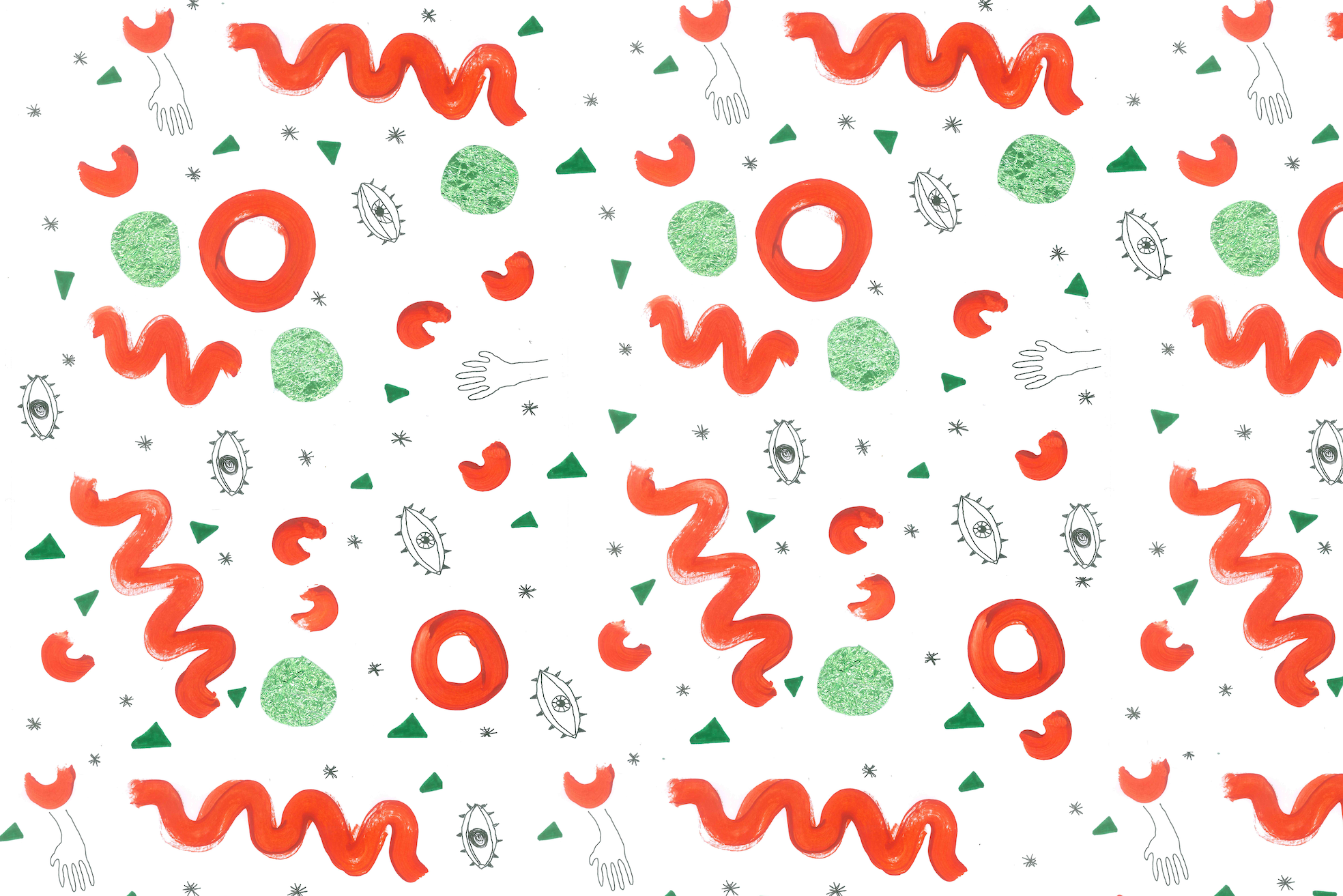
Plague Addiction
[CW: drug use]
I have a complex relationship with Gower –
that vindictive old man
– late-medieval English poet, moralist, and reactionary. He is someone I would usually despise, not least because of his belief that the peasantry should be “bound in chains and under our foot”. But Marxist grievances aside, there is something compelling in how he describes the ‘apocalypse’ in his Visio Anglie – that time in 1381 when the peasantry revolted against the lords in an attempt to become free citizens.
i killed my landlord and put his head on a spike.
Deformed beyond humanity into “innumerable terrifying monsters,” these peasants are literal beasts that swarm the countryside with their chimeric bodies and overtake the city of London. What is compelling is their indulgence, their need to “drown their bellies in wine”. How, upon taking over the city, their “countrified constitutions gulped down fine wines” – so much of it that their “bod[ies] lay dead”. Their revolution becomes about more than overthrowing feudal landlords. Instead, they hedonistically throw themselves into the role of oppressor, become that which they hate: pleasure-seeking drunkards –
drunk off the wine
drunk off his power
– who, previously “tied up by their hairy necks,” now “cultivated a haughty manner”.
I keep returning to the Visio Anglie. The peasants attempt to topple a regime with style and pleasure. Not content with simply instating their demands, it is imperative they have a drink whilst doing so. In times of crisis – or from Gower’s perspective, the end of the (feudal) world – people seek pleasure. But this need to enjoy the end is not limited to Gower. Christian history itself begins with this prophecy. The Book of Revelations contains the foretold last moments of mankind on earth: the Whore of Babylon drinks “the wine of fornication” in “golden cup[s] of abomination,” seated on the throne of the Beast. Jezebel, the “false prophet”, gorges on delicacies “sacrificed to the idols,” much to the horror of John.
still,
easier for a monster to kill his landlord
than for a rich man to enter heaven.
Like the rebels of 1381 and the Whore of Babylon, at the end of the world people indulge. They drink, they fornicate, they spiral. Pursuing hedonistic oblivion in a world we perceive as crumbling is the most human response possible. But, crucially, piecing together the fragments of old is a much more pleasant task when you are intoxicated.
john, bring remedy,
for now is time.
amen
—————————————————————————————————————-
MADNESS REIGNED, ALL RESTRAINT WAS GONE AND PLUNGED INTO ANY
– AND EVERYTHING –
FORBIDDEN.
Between June 2020 and June 2021, I developed an addiction to codeine.
At the time, the world was ending. Or at least that’s how it seemed. Pried apart from the people I loved and confined into one house, my screens fed me incessant news cycles describing the daily crumbling of society. The day I took the first pill, 38,000 people had died from COVID-19 in the UK. The day I took my last, this had become 128,000 people. My addiction overlapped with the deaths of nearly 100,000 people in an inescapable pandemic, with every detail pouring directly into my phone and my consciousness.
The drug takes an hour to kick in.
In that hour, your body is waiting,
waiting,
still waiting –
until at last,
you begin to float. Your mind disconnects from your body, your head grows light and your hands heavy, and everything moves at half speed. Colours get so bright it is difficult to focus on just one, music swells, voices appear to you through water –
LIMBS WERE MOVING,
BUT THEY HAD NO CONTROL OVER WHERE THEY PUT THEIR FEET.
– Like Gower’s peasants, I entered the apocalypse drunk.
Of course, this is the first time you take it. The second is less intense, the third even less so, the fifth, sixth, seventh, eighth… it becomes part of a routine. It becomes enmired in the many pills you take in the morning:
antidepressants,
PreP,
propranolol,
and codeine.
Gower thinks the peasantry become sick from drinking –
THE BODY LIES PROSTRATE FROM ITS RICHNESS AS IF IT WERE DEAD.
– but for me, this is not sickness – it is sedation.
tomorrow, we kill the archbishop.
tonight, we gaze at the stars.
we monsters must rest too,
in this temporary calm.
I felt that calm when I looked out my window at the bees swarming my mum’s hydrangeas,
or when my skin melted off my body in the shower,
or even when my eyes
u n f o c u s e d
as I drifted out of consciousness in front of the TV.
I felt calm because of the fracture between myself and the physical world. The peasants’ alcohol – and my codeine – anchored me to emotions other than disaffected panic even when such feelings seemed unobtainable.
It’s taken a long time to accept that this was an addiction. In my mind, drug addiction begins with a pleasurable experience. You become hooked because the feeling is good, because the body enters states of bliss which themselves become addictive.
THEN EVERYTHING FLOURISHED,
THEN THE LAND WAS FERTILE.
monstrosity is divine.
our pleasure is the nectar of God.
That never happened to me.
The drug allowed me to function by making me numb.
Becoming hazy and indecisive was easier than the harsh reality of isolation and death. It made waiting for new restrictions, the latest death toll, or news that a loved one had passed more manageable. But what began as an escape from reality became something diagnosable, causing far more problems than it ever solved. Instead of restoring my ability to function, the addiction grew like a weed until I wasn’t taking it to cope anymore; I was taking it because
I Just Needed To.
THEY WORE THE FACES OF MEN,
AND THEY HAD NO POWER OF REASON.
Dolphins in captivity become distressed when the constant echoes of their voices bouncing back off swimming pool walls throw their communication out of sync. The echo of my own thoughts bouncing off my bedroom ceiling, punctured only by updates on the unnamed, faceless dead, threw me out of sync. Being stuck in limbo, away from university and my friends, alongside the existential threat of death for myself and my family, cracked me. Unable to reach out to anyone, professionally or personally, I self-medicated.
Because it was easier.
I WRITE NOTHING IN ORDER THAT I MAY BE PRAISED.
lies,
for you benefit
from our subjection.
as do you.
This is not vindicating my behaviour or calling for sympathy. What I experienced was the result of physical, mental, and spiritual isolation because I thought the world was ending. So, when we were told that the world wasn’t ending – that it was ‘safe’ to see old friends and family, to seek connections with new people, to simply go outside – I found myself in a conundrum. The coping mechanisms I had developed for the end of the world had to adapt to a reality I now, somehow, had to navigate whilst sober.
A SINGLE BIRD PERISHED SO THAT A THOUSAND LIVED AGAIN…
our dreams died then.
to live again, in this time, is to die.
our lives before the end are now
unreturnable.
—————————————————————————————————————-
This is a self-absorbed piece of writing. Situating myself within a millennium of indulgence narcissistically relates my individual addiction to history-altering events, giving my experiences undeserved grandeur. But it is the only way I can make sense of, or maybe accept, the unromantic reality of what I did to my body.
Still, I am not the only one who found myself with new addictions. In 2020, adults seeking help for opioid dependenced increased by 20% from the previous year. The number of individuals drinking at ‘high risk’ levels doubled. Deaths from ‘alcohol-specific issues’ increased by 20%. There were, and are, two pandemics: COVID-19 and the coping mechanisms which some fall prey to. Around the country, people swallowed pills to deal with the reality of being trapped in a box.
It is difficult to step back and reassess something which has become so ingrained, so normalised, and attempt to reverse the clocks back to June 2020, to life before addiction – especially when the ‘before’ life is one I do not wish to return to. My mental health has never been stable, but reverting to pre-COVID life would not excise anyone’s demons. Pre-pandemic Britain, with its 130,000 recorded deaths from austerity in 2019 alone, was already the end of the world for many. There is no blueprint for my own health, nor society in general, to go back to. Gower’s rebels had none either. After the revolt, rioters were prosecuted and executed by the king’s court – the old world attempted to right itself through brutal incarceration. A return to ‘normality’ is a reversion to a world we know is insufficient. This is as true now as it was in 1381.
now I must leave you,
but with the knowledge that
the world has ended before,
and can survive new apocalypses.
we can, and will, survive.
Bibliography:
The Major Latin Works of John Gower, tr. E.W. Stockton (Seattle, 1962): Visio Anglie, pp. 47-95.
NRSV Catholic Bible (Nashville, 1989): Book of Revelations, pp. 1447-1464.
Resources for anyone else suffering from addiction or pandemic-exacerbated mental health issues:
Beating Addictions: How to Treat and Overcome an Addiction.
Harvard Help Guide: Opioid Addiction.
NHS: Coronavirus Information & Support. ‘Managing your mental health as we live with Covid-19’.
Turning Point: Drug and Alcohol Support.
Words by Eliott Rose. Art by Dowon Jung.







